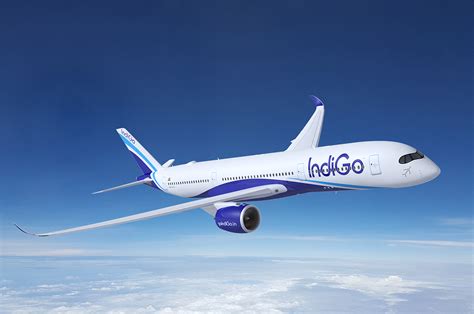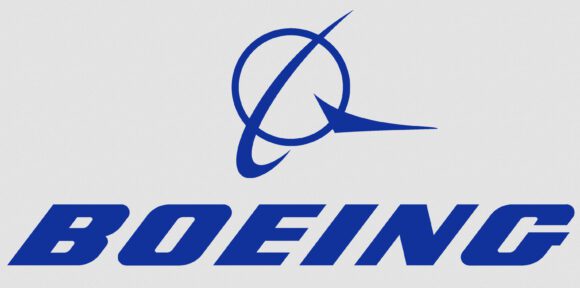Bombardier announced that its 2016 C Series deliver schedule will be delayed, while citing the statistics from the first two aircraft in service with Swiss. The good news is that the two CS100 aircraft in service with SWISS have collectively flown nearly 400 revenue flights, and accumulated nearly 600 flight hours. The bad news is that Bombardier stated engine delivery delays will cause delivery reductions from a planned 15 to only 7 aircraft in 2016. Since the OEMs are paid their final installment on delivery of aircraft, it impacts revenues and cash flow. The company will deliver the third CS100 to SWISS next month and deliver the first CS300 to airBaltic in the fourth quarter.
The supply chain is under stress. During the UTC media day event prior to the Farnborough airshow, P&W pointed out their greatest concern was parts supply and the supply chain. At that time, one official noted that P&W and CFM “run into each other at the same stores” trying to get parts. While CFM is focused on the A320neo family and the 737MAX, P&W has to deliver engines to the CSeries, A320neo family, Embraer E2, the MRJ and soon to the MC-21.
P&W’s GTF is a new engine from front to back. This makes it complicated for every vendor on the program. P&W provided us with a statement which included this line: “…we’ve made significant headway in the supply chain, but there is some pressure on new engine deliveries for this year.” With delays at both Airbus and Bombardier, that pressure is now substantially impacting delivery schedules.
The new engines require parts capable of handling much higher pressures and temperatures than older designs. This invariably means more exotic metals, coatings, and in the case of CFM LEAP, ceramic-matrix composites. The record sales Airbus and Boeing accumulated over the past few years is now taxing the supply chain, who are also dealing with major capacity expansion issues. Bombardier is now needing to slow C Series deliveries, joining Airbus which has the same problem with its PW-powered A320neo and the A350 which is plagued by interior component shortages. Boeing has yet to start deliveries of the MAX, and while there is no evidence to suggests potential delivery slowdowns, the industry supply chain is stretched.
A problem for suppliers are lead times and guarantees. Most suppliers don’t want to invest in additional capacity unless they need it. The run-up in narrow-body orders, combined with aggressive planned production rate increases at Airbus and Boeing, are taxing the supply chain. The OEMs expect the supply chain to foot the bill for additional capacity, while at the same time seeking price reductions while not providing guaranteed production levels. With OEMs attempting to dual source every part, some suppliers have put off investment in capacity, resulting in program delays and scrambling to deliver the necessary parts. It only takes one in nearly a million parts to delay an airplane, and similarly one in many thousands of parts to delay an engine.
Fortunately the order bubble is bursting – for the good of every company in the supply chain. Everyone needs time to catch up. But in the interim, that catch-up is delaying deliveries at Airbus and now Bombardier, resulting in cash flow impacts and even order cancellations at the former. No guidance was provided on when the problems will be solved and output increased to return to planned schedules. Clearly, this problem could remain through the first quarter of 2017 at a minimum.
Views: 22




You’re very forgiving of P&W over its delivery shortfalls. It’s known of the intended delivery schedule for a long time, so it’s hard to believe it couldn’t have planned for a delivery ramp up to meet the schedule. It looks like a case of poor management being justified by excuses about the supply chain.
NickSJ – Bombardier or P&W poor management?
I don’t think CFM International will have production ramp-up problems to anything like the same degree that Pratt & Whitney seems to be having. CFM is already producing in excess of 1,700 engines a year, all but about 160 of them in 2016 being CFM56s. Its big challenge is to ensure that by 2020 the nearly 2,000 engines it plans to produce in that year will be made up of more than 1,700 LEAP engines and fewer than 300 CFM56s.
Meanwhile, Pratt & Whitney’s PW1000G-family ramp-up is by no means as large as that of CFM: it plans to be producing something like 800-900 engines a year by 2020. However, P&W doesn’t have any experience in recent decades of a production ramp-up of that magnitude for a commercial aero engine. CFM does; and it has demonstrated for several years that it can handle producing more than 1,500 engines (CFM56s, to date) annually. Yes, the supply chain comes into it and suppliers will be stretched. But they have known for years about the scales of the planned production ramp-ups by Pratt & Whitney and CFM, which will have emphasized their requirements to their suppliers constantly.
Also, having devoted very significant management resources to it, CFM has been running an innovative ‘run at rate’ R&D effort for the LEAP production program for at least the past two years. This ‘run at rate’ effort is an intensive, six-month exercise each year that intensively focuses on ensuring that the following year’s increased production level for the LEAP can be sustained and that all potential production/supply chain bottlenecks are weeded out before the following year begins, along with that year’s planned higher production rate. Does Pratt & Whitney have a similarly intensive ‘run at rate’ production R&D effort for the PW1000G?
I’m sure Danny Di Perna, who as its Senior VP Operations is P&W’s production overlord, would argue that it does (citing examples such as the massive component distribution facility P&W has set up with UPS in Vermont), but I’m not so sure P&W has planned its PW1000G production ramp-up quite as exhaustively as CFM International has planned its ramp-up for the LEAP family. To date CFM is the ONLY manufacturer that has ever achieved a production rate of more than 1,500 midsize/large commercial turbofan engines in any 12-month period.
P&W is having trouble delivering engines to both Bombardier and Airbus, so I’d put the blame on P&W.
Great points